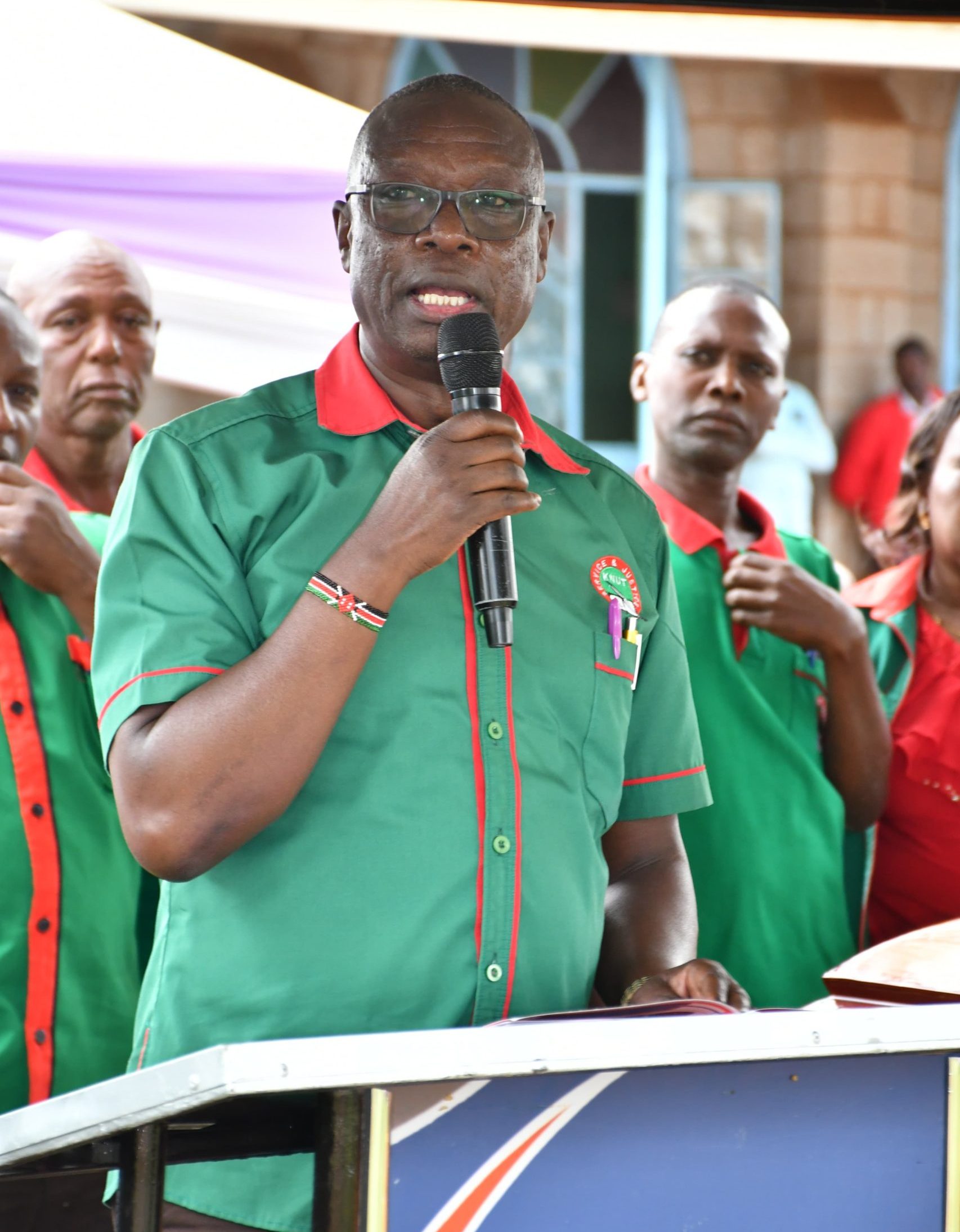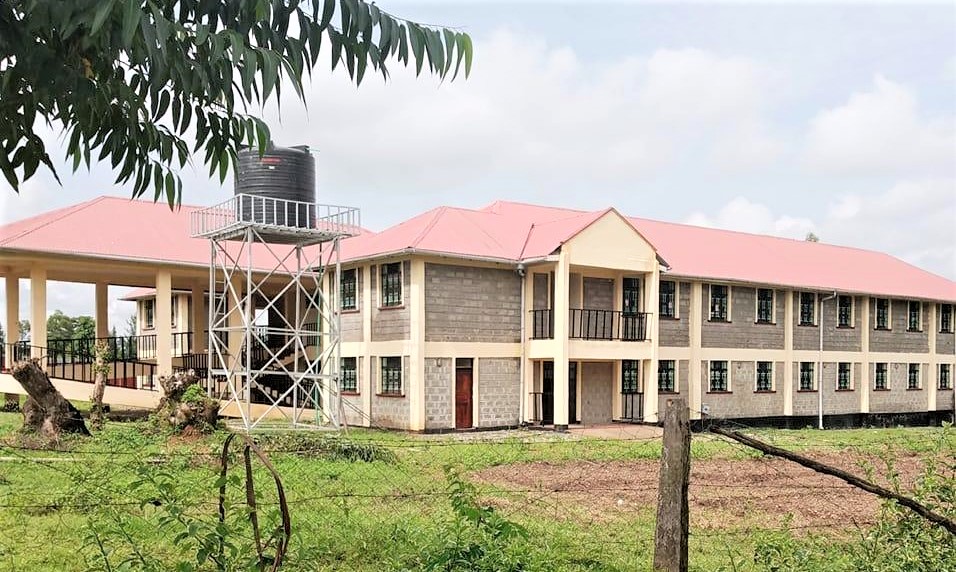Teachers’ unions have warned of looming disruptions in public schools due to the government’s delay in negotiating a new Collective Bargaining Agreement (CBA).
With only three weeks remaining before the current 2021–2025 CBA expires, the unions are demanding urgent engagement from the Teachers Service Commission (TSC), warning of industrial action if their calls are ignored.
The Kenya National Union of Teachers (KNUT), Kenya Union of Post Primary Education Teachers (KUPPET), and Kenya Union of Special Needs Education Teachers (KUSNET) have voiced strong concern over the stalled process. They accuse the TSC of failing to act on proposals submitted months ago, with no financial provision for a new CBA in the 2025–2026 budget.
“We submitted our proposals months ago, but instead of engaging, the TSC continues to hide behind the ‘waiting for advice from the Salaries and Remuneration Commission (SRC)’ as an excuse,” said KNUT Deputy Secretary-General Hesbon Otieno.
ALSO READ:
Cries of concern as TSC begins posting of 2,014 newly recruited teachers
KNUT is demanding a 60 percent increase in basic salaries over the next four years, alongside a 30 percent boost in allowances. They are also calling for promotions based on merit, experience, and qualifications, and want the Career Progression Guidelines (CPG) revised to make Grade C1 the entry point for new teachers instead of the current Grade B5.
Additional demands include enhanced medical exit policies and better sick leave terms.
Senior officials from the TSC, appearing before the Education Committee of the National Assembly on May 13, confirmed that no funds had been allocated for a new CBA.
“Key areas that are not funded at all in the 2025–2026 budget for the TSC include the financial requirement for the CBA that is under negotiation,” said Cheptumo Ayabei, TSC’s director of finance.
KUSNET Secretary-General James Torome expressed frustration over the commission’s silence. “We are yet to commence negotiations on the 2025–2029 CBA with the TSC. The last letter only promised to revert in due time, so we are still waiting,” he stated.
ALSO READ:
Foundation fights to reclaim youths from the bottle in Central Kenya
KUSNET is demanding a 40 percent salary increment for principals and school heads (Grades D1–D5), and 50 percent for lower cadre teachers (Grades B5–C5).
The union is also pushing for a risk allowance of Ksh15,000 monthly and an annual uniform allowance of Ksh15,000, citing teachers’ quasi-nursing duties that necessitate protective gear. They further call for a 50 percent increase in all other allowances and expansion of hardship areas, warning that “any adjustments to the hardship policy must go through the courts.”
KUPPET Secretary-General Akelo Misori criticized the commission’s inaction despite being fully staffed.
“The commission is fully constituted and what we now need is for the acting CEO, Evaleen Jesang Mitei, to initiate talks and ensure a process seamlessly followed,” he said.
KUPPET’s proposals include a salary increment of between 30 percent and 70 percent, with a 100 percent increase in selected allowances. The union is demanding a review of job descriptions for classroom teachers, arguing the current structure unfairly favours administrators.
ALSO READ:
“During the previous review, the SRC held that only school administrators are leaders. This resulted in a positive salary review for administrators, which opened a gap between them and classroom teachers with similar qualifications and experience,” Misori explained.
KUPPET also wants the CBA cycle reduced from four to two years, automatic promotions up to deputy principal level, full compensation for acting roles, elimination of prolonged acting positions, harmonization of house allowances with Cluster 1 regions such as Nairobi, and the introduction of postgraduate and risk allowances.
The current CBA, signed during the Covid-19 pandemic, was largely non-monetary due to economic strain. However, union officials argue that with the economy now more stable, there is no excuse for further delays. The clock is ticking, and unless immediate action is taken, a nationwide teachers’ strike could become inevitable.
By Cornelius Korir
You can also follow our social media pages on Twitter: Education News KE and Facebook: Education News Newspaper for timely updates.
>>> Click here to stay up-to-date with trending regional stories
>>> Click here to read more informed opinions on the country’s education landscape






